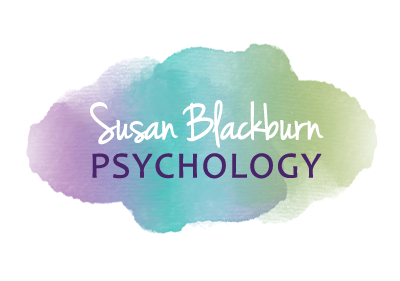If you’re like most people, your self-esteem, the psychological term given to describe the way you feel about your worth, value and competence as an individual could use a bit of a boost.
Life can be challenging at the best of times. But, if you struggle with low self-esteem it can make living almost unbearable as it impacts your ability to complete tasks, keep healthy relationships, make a living, feel good on a day-to-day basis and otherwise fulfill your potential.
You might be confident and feel a high level of self-esteem in your professional life for example, but feel incompetent or subpar when it comes to your romantic relationship. Or, you might have a high level of self-esteem socially with your peers, but feel inadequate with your perceived intellectual intelligence. In this way, your personal experience with self-esteem is often unique.
Having low self-esteem predisposes you to feeling and behaving in certain ways, which may include people pleasing, a lack of self confidence, faulty beliefs about yourself, a critical inner dialog, an inability to know who and when to trust, rigidity and perfectionism, worry and anxiety, neediness, poor boundaries, ineffective communication skills, a pattern of dysfunctional relationships and either aggressive, passive, or passive-aggressive behaviour.
The burden of coping with any of these cognitive, emotional and behavioural symptoms often takes a toll on your well-being and quality of life.
Fortunately, research shows that with time and effort you can improve the level of your self-esteem at any stage of your life. So, what exactly can you do to increase it?
- Treat yourself with as much love as you would your child or best friend. Spoil, speak compassionately to, and accept yourself as is.
- Identify your negative thinking and start to shift it so that you minimize the negative and maximize the positive. Everything you think and say is your ‘story’, so make it a good one.
- Resist coming up with negative conclusions without evidence. Facts and fears are typically two different things. It might help to remember the acronym for F.E.A.R., which is False Expectations Appearing Real.
- Accept compliments with grace. A compliment is a gift to be received with kindness. When you’re complimented simply say a heartfelt thank you because you are worthy.
- Make a list of all of the skills that you believe are important. Remember that these are skills that are meaningful to you by your own personal standards. Then, practice these skills so that you can attain a higher level of mastery.
- Create several positive affirmations and use them daily. Examples of positive affirmations to increase your self-esteem are ‘I love and accept myself ’, I am worthy of love and respect’, ‘I see the best in myself and others’ and ‘I deserve happiness’.
- Emphasize your strengths and remind yourself of your positive efforts frequently. Being aware of your competencies and value is linked to happiness and high self-esteem.
Beware that procrastination lowers self-esteem and make every effort to become decisive and solution-oriented so that you tackle problems and tasks head-on. - Although it can be challenging, increasing your self-esteem is worth your effort and commitment. If you find yourself struggling, you don’t have to do it alone. Working with a counselor or psychotherapist that specializes in working with self-esteem can provide you with the skills, support, encouragement, and motivation to succeed.









